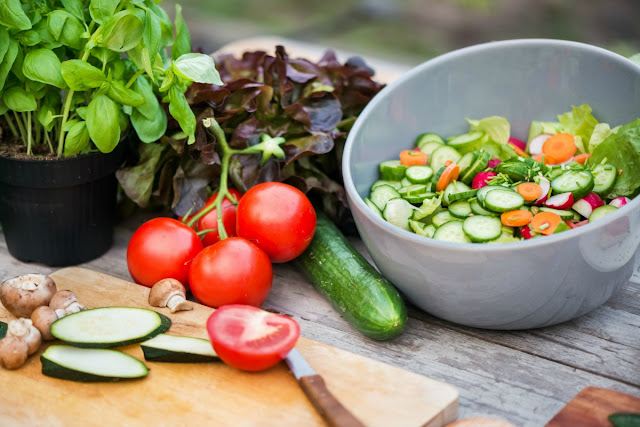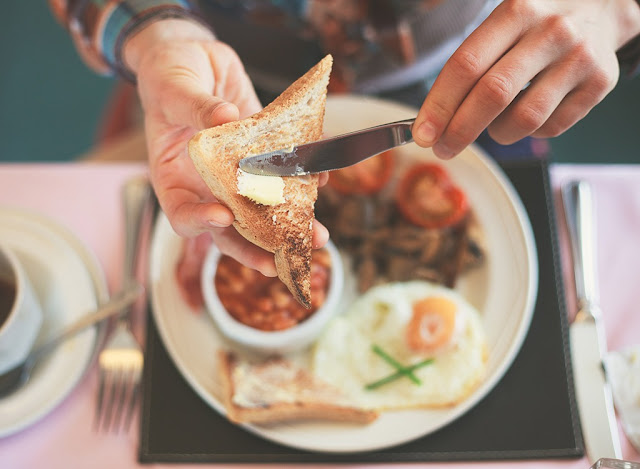The Best Weight-loss Superfoods
Some foods are automatic diet-busters. They cause cravings, fail to fill you up and generally cause havoc with your waistline. At the other end of the scale are the slimming super foods. Whether they’re low in calories or high in fibre, these foods are a dieter’s best friend, leaving you fighting fit and looking fab.
What are they and why has nobody told you about them before, you ask? Read on and find out.
Grapefruit, Sardines and Fruit and Vegetables are Weight-loss Wonders
Like the super foods themselves, grapefruit’s benefits are the slimming world’s best kept secret. This tropical fruit contains unique plant compounds – yet to be deciphered – which reduce insulin levels. As excess insulin in your blood can make you feel hungry when you’re not, grapefruit is the ideal binge-buster.While all fish are healthy, sardines are the dieter’s pet. Loaded with protein, they help stimulate your metabolism, making you feel fuller for longer. They’re also full of omega-3 fatty acids which increase your metabolism, making you burn calories quicker.
While you probably know you need your five-a-day to stay healthy, you may not know that fruit and veg are also weight-loss wonders. Contained on the outer layers of most fruit and veg, fibre is an indigestible substance which slows digestion making you feel fuller for longer. Other fibre-filled foods include oats and whole-grain breads, pasta and cereals.
Pumpkin, Green Tea and Egg Help you Eat your way Thin
Halloween’s no longer the sole reason for buying pumpkin. Brimming with filling fibre, it’s also the ideal snack food containing a meagre 26 calories per kilo. Make pumpkin soup or add it to your stew and watch the pounds fall off.More a weight-loss super-drink than food, green tea should be the first thing a dieter downs in the morning. An all-round health promoter, green tea is rich in anti-oxidants which help regulate your blood sugar levels and raises your metabolism.
Egg tends to get a bad rap from the diet police. The yolk is high in saturated fat and cholesterol, while the healthy white is attacked by flavour gurus who simply consider it bland. Well, egg-lovers can now rejoice, for research shows that eating an egg a day can help you shed those pounds rather than put them on.
A study from Louisiana State University found that women who ate an egg and jelly on toast every morning lost twice as many pounds as those who ate a bagel for breakfast with no egg. The reason for this? Protein. Egg protein is so filling that people who consume it early in the day feel less hungry later on. So what are you waiting for? Eat up and slim down!


















0 comments: